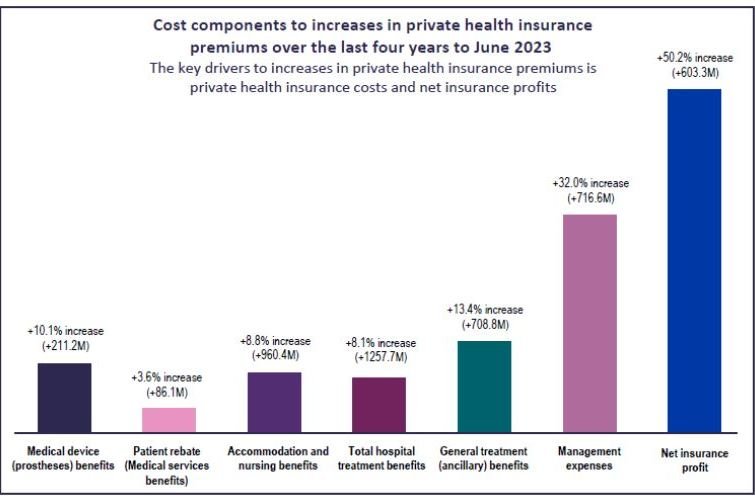Agriculture Victoria is in the trial stages of developing an Australian-first method to improve plant virus detection.
At the conclusion of this research project, Horsham’s Grains Innovation Park will be the first facility in Australia to apply high throughput genome sequencing methods for Post Entry Quarantine (PEQ) for grains.
Since 2018, Agriculture Victoria research scientist Solomon Maina has been working towards developing this method to screen grains for exotic viruses that are a threat to Australian biosecurity.
Dr Maina said the Grains Research and Development Corporation (GRDC) and Agriculture Victoria co-invested project aims to apply these new methods in preventing the entry of new pathogens that might cause significant damage and economic losses to the Australian grains industry if they become established, and possibly go undetected using traditional testing.
‘The new methods would enable researchers to detect multiple viruses which have high genetic variability genome structures at once, with no prior information of the pathogen,’ Dr Maina said.
‘In comparison with traditional methods, for example, the current use of antibodies which is limited to antisera availability may not detect viruses with high genome variations. Plus, the researcher would need to initially suspect an infection in order to test for a specific virus in a crop.’
These methods are expected to be adopted at the PEQ facility at Horsham. Such frameworks have already been adopted on different crops in the United States and parts of Europe as part of their genetic certification programs. However, Australia is leading this framework for grains.
Plant viruses and diseases constitute a major cause of agricultural crop losses and can have a substantial economic impact. They can weaken the growth of cultivated crops, cause yield loss, and reduce the quality, marketability and competitiveness of grain products.
In Australia, cereals, oilseeds and pulses are estimated to account for over $13 billion gross value of farm production, with the majority being exported.
The preliminary results at the Grains Innovation Park have proved promising, revealing simultaneous detection of multiple exotic and endemic viruses of pulses currently available at Horsham PEQ.







